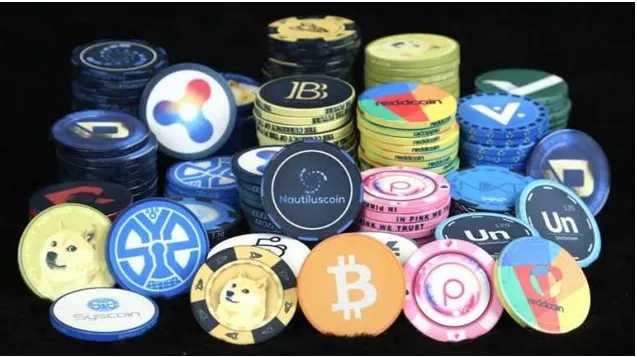
Digital currency is a type of currency available only in digital form not in physical . It exhibits properties same to physical currencies but allows for instantaneous transactions and borderless transfer-of-ownership. Examples include virtual currencies and cryptocurrencies or even central bank issued "digital base money". Like traditional money, these currencies may be used to buy physical godsend services, but may also be restricted to certain communities such as for use inside an on-line game or social network
Digital money can either be centralized, where there is a central point of control over the money supply chain, or decentralized, where the control over the money supply can come from many different sources.
History:
In 1983 a research paper by David Chaum introduced an idea of digital cash. In 1990 he founded DigiCash, an electronic cash company, in Amsterdam to commercialize the ideas in his research. It filed for bankruptcy in 1998
In 1997, Coca-Cola offered buying from vending machines using mobile payments. After that PayPal emerged in 1998. Other system such as the e-gold followed suit, but faced issues because it was used by criminals and was raided by US Feds in 2005 In 2008 bitcoin was introduced which marked the start of Digital currencies.
Digital versus virtual currency:
According to the European Central Bank's “Virtual currency schemes – a further analysis’ report of February 2015 virtual currency is a digital representation of value not issued by the central bank, credit institution or e-money institution, which, in some circumstances, can be used as an alternative to money. In the previous report of October 2012, the virtual currency was defined as a type of unregulated, digital money, which is issued and usually controlled by its developers, and used and accepted among the members of a specific digital virtual community.
As such bitcoin is a digital currency but also a type of virtual currency. Bitcoin and its alternatives are based on cryptographic algorithms so these kinds of virtual currencies are also called cryptocurrencies.
Digital versus traditional currency:
Most of the traditional money supply is bank money held on computers. This is also considered digital currency. One could argue that our increasingly cashless society means that all currencies are becoming digital (sometimes referred to as ‘electronic money’ .